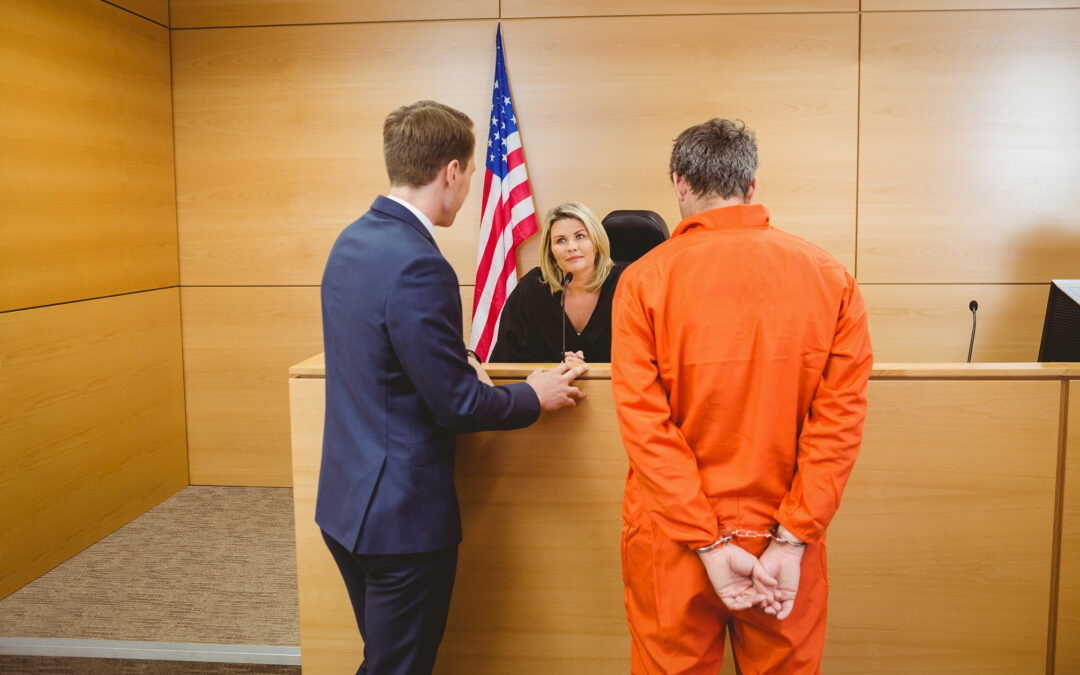Drugs are a serious issue, and the laws surrounding them can be confusing. Two big terms you might hear are drug possession and drug trafficking, but what’s the difference?
This article will break it down in simple terms and explain the related laws. Also, don’t forget that if you get into trouble for possession or trafficking, getting in touch with a drug crime lawyer in your area can help.
Drug Possession
Drug possession simply means having an illegal drug on you or somewhere you have control over, like your car or house. It doesn’t matter if you’re using it, carrying it for a friend, or just found it. Having it is against the law.
Every state has its own laws for drug possession. These laws consider the type of drug, the amount you have, and whether it’s your first offense.
Generally, small amounts might be considered a misdemeanor, and their penalties are usually lighter, like fines or community service. Larger amounts of certain drugs can be considered a felony, which can lead to jail time.
Penalties for possession can vary greatly depending on the factors mentioned above. Here’s a general idea:
- Misdemeanor: Up to a year in jail, fines, probation.
- Felony: One year or more in jail, larger fines, possible prison sentence.
You should know that these are just generalities. The actual punishment depends on your specific situation and state laws.
Drug Trafficking
Drug trafficking is the big business of illegal drugs. It involves selling, transporting, or manufacturing controlled substances. Unlike possession, trafficking isn’t about personal use. It’s about making money by supplying drugs to others.
Just like possession, state laws for trafficking vary. However, trafficking penalties are typically much harsher than possession charges. This is because trafficking is seen as fueling addiction, crime, and violence in communities.
Trafficking is usually a felony, and it often carries serious consequences, including the following:
- Long prison sentences (several years to life, depending on factors like drug type and quantity)
- Heavy fines
- Difficulty finding employment in the future
Key Differences Between Possession and Trafficking
Here’s a quick rundown of the main differences:
- Intent: Possession is usually about having drugs for yourself, while trafficking involves selling or distributing them.
- Amount: The amount of drugs you have is a big clue. Small amounts might suggest possession, while large quantities point to trafficking.
- Evidence: Cops might look for things like scales, packaging materials, or large amounts of cash to prove you were planning to sell.
Where the Law Draws the Line Between Both
The line between possession and trafficking can be blurry. Sometimes, the amount of drugs you have might be enough to suggest you plan to sell them. This is where things like scales, packaging materials, or a history of drug sales come into play.
If the police find any of these things with you, they might charge you with trafficking, even if you only have a small amount of drugs.
If you’re ever unsure about the laws in your state, it’s always best to consult a lawyer. They can help you understand the specific details and what kind of trouble you might be in.

What to Do When You’ve Been Charged with Either
Being charged with a drug crime is scary. The first thing you should do is stay calm and don’t talk to the police without a lawyer.
As soon as your attorney gets there, you’ll be granted privacy by law enforcement officials. Then, you can fully narrate the situation without holding back any details. You must be completely honest. Guilty or not, your attorney is there to ensure that you get the best possible outcome. And they can’t do this if you leave them blindsided.
A lawyer can explain the specific charges against you and what they mean. They’ll get to work immediately and start building a strong defense on your behalf. They can negotiate with the prosecutor to try to get the charges reduced or even dropped.
Even if your case goes to trial, your lawyer will represent you in court and fight for your rights. Don’t try to handle a drug charge alone. A good lawyer can make a big difference in your case.









